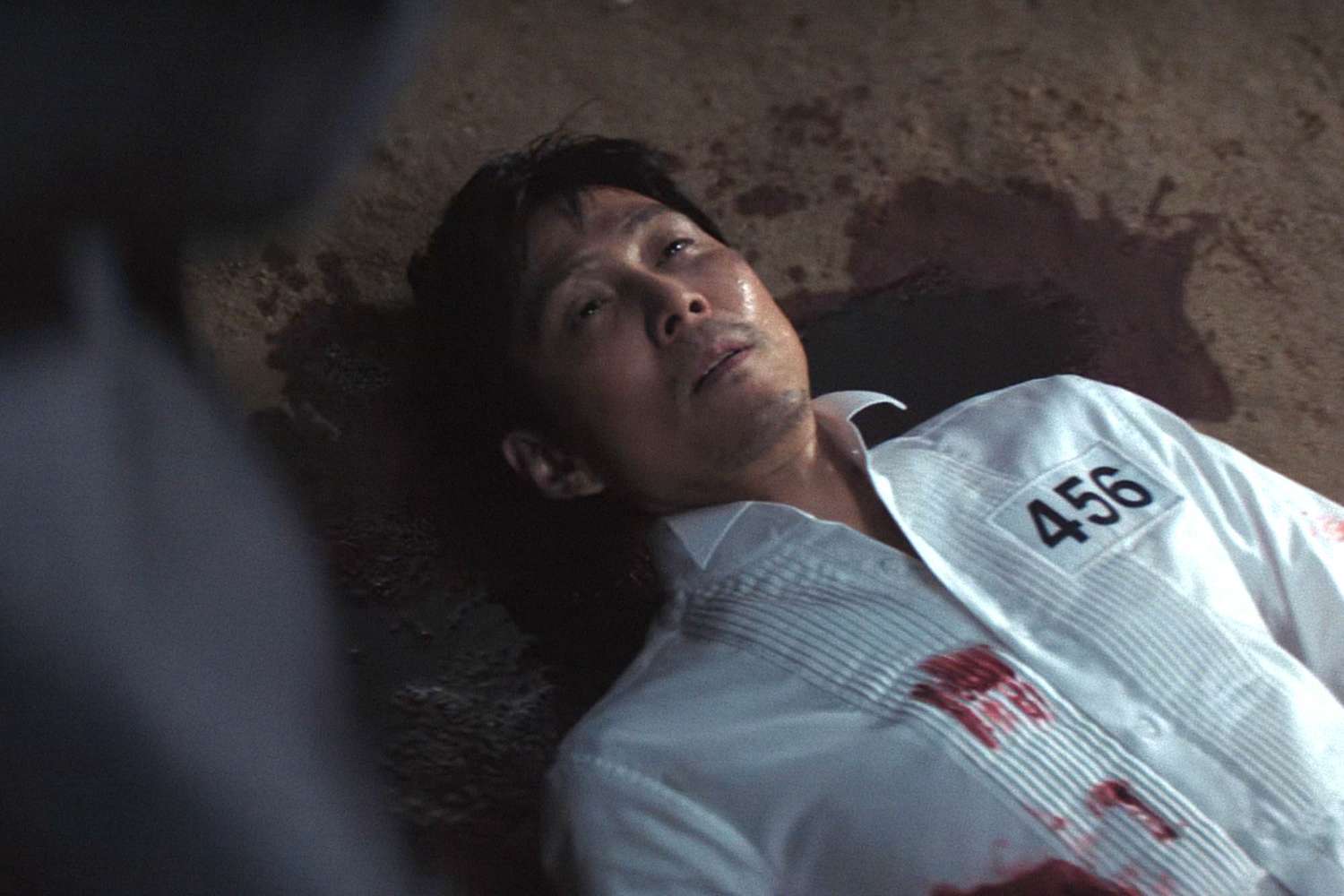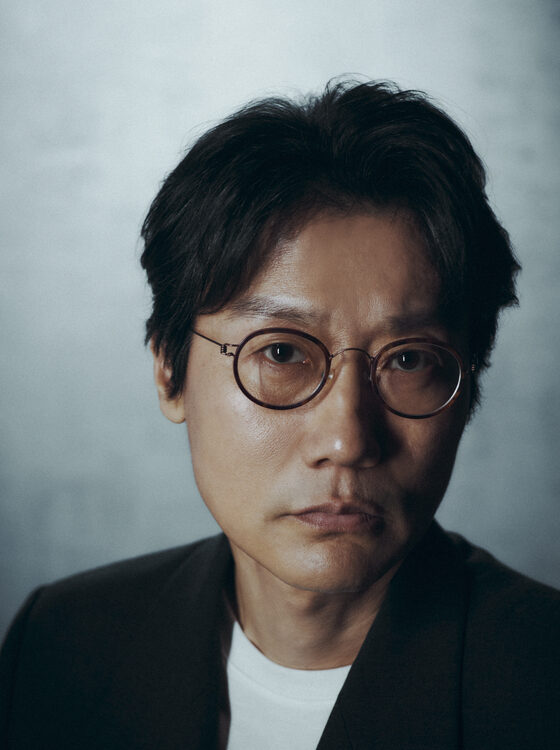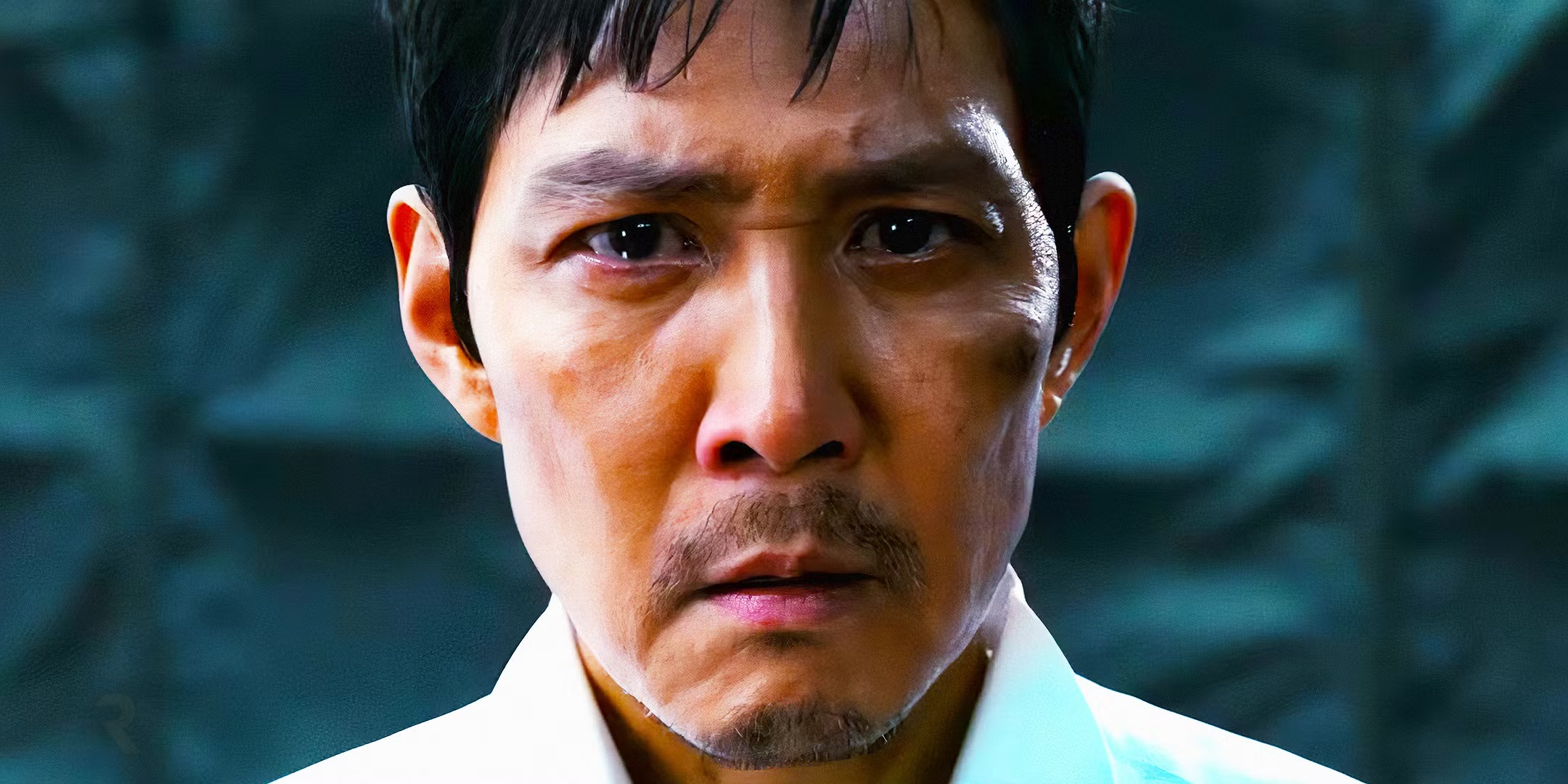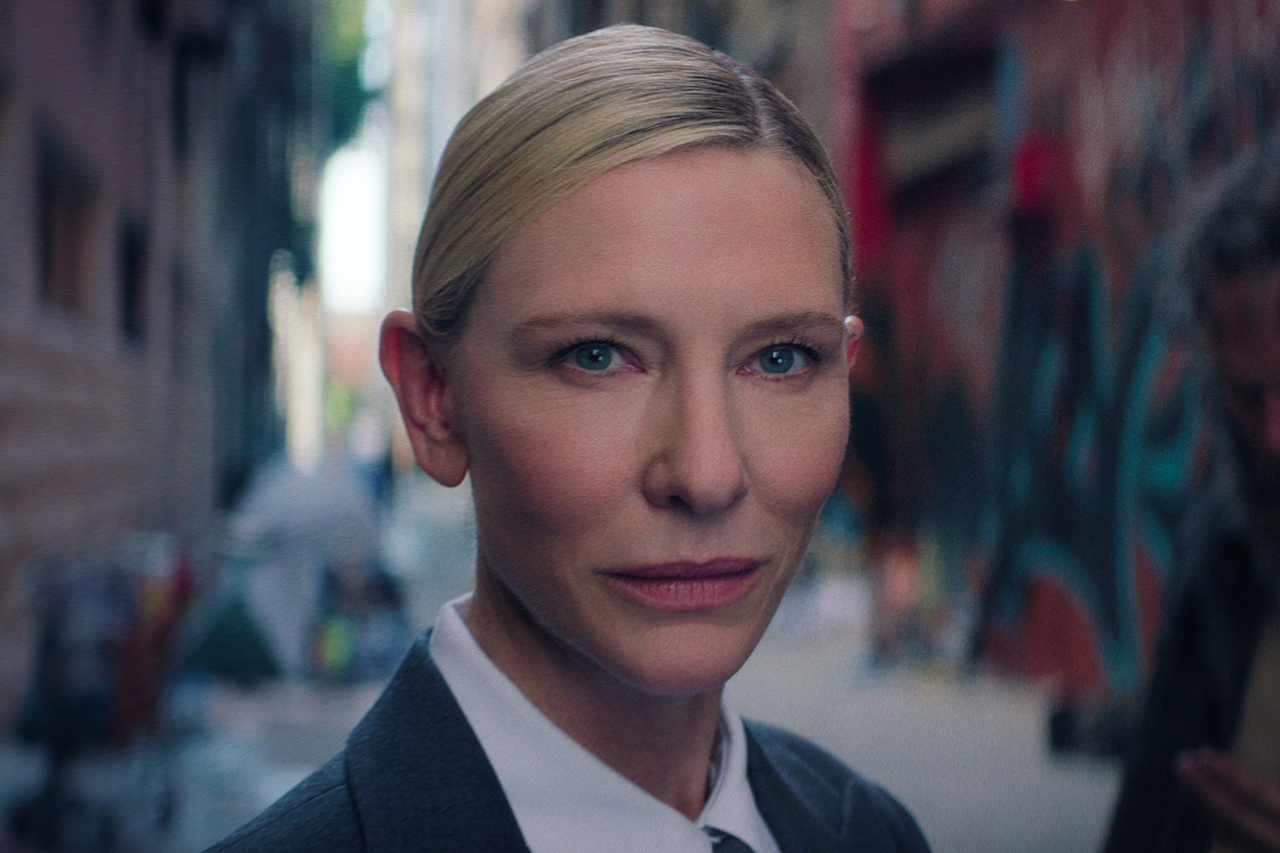Squid Game Season 3 topped Netflix’s global TV charts on FlixPatrol within a day of its release on June 27, 2025. The final season concluded director Hwang Dong-hyuk’s dystopian saga but left viewers deeply divided.

While some praise its gripping twists, others argue it falls short of the creativity seen in earlier seasons.
Much of the backlash, however, focuses on the controversial ending, in which Gi-hun (played by Lee Jung-jae) dies to save a baby born during the deadly games.

Squid Game’s Happy Ending That Never Was
Hwang Dong-hyuk dropped a bombshell during a press interview on 1 Jul 2025 in Seoul’s Samcheong-dong. The director revealed his original plan featured a much happier conclusion.

“When I first started thinking about the second season, I had a vague idea that Gi-hun would return to the game — maybe to destroy it or at least help a few people escape — and then go to see his daughter in the US,” Hwang told The Korea Herald.
Originally, the director envisioned Gi-hun meeting Hwang Jun-ho (Wi Ha-jun), ending the game, and reuniting with his daughter in America. This vague happy ending would have provided closure many fans craved.
But Hwang’s perspective shifted as he began writing seriously. “What is the story I truly want to tell?” he asked himself. The answer led him to Gi-hun’s tragic death instead.
The director told Joongang Ilbo that seeing “everything going wrong in the world” influenced his decision. He specifically mentioned Jeff Bezos spending over 70 billion KRW (~SGD$72 million) on his wedding as an example of extreme wealth concentration.

“Wealth is concentrated in the hands of a few,” Hwang explained. “I felt that now is the time for older generations to let go a bit of their growth, development, and desires, and start making sacrifices and taking action for future generations.”
The director emphasized that Squid Game has always reflected contemporary realities. “Compared to when I created Season 1, the world has gotten even worse,” he said during the Seoul interview.
Economic inequality has deepened according to Hwang. Ordinary people’s lives have become more difficult while wars continue escalating with no end in sight. He described a bleak future if current trends continue.
Gi-hun’s tragic arc was meant to portray “the painful journey of someone like Gi-hun, an average or even below-average person,” the director explained.

Director Faces Backlash Over Interview Explanations
Hwang’s revelations about the alternate ending sparked intense reactions from Korean netizens on theqoo. Many criticized the director for explaining his intentions through interviews rather than showing them in the actual work.
“This director always ends up explaining what he intended and should’ve been shown in the work through his yappy interviews,” one comment read. “Like, anyone can talk.”
Another user wrote: “Every time he gets criticized, he suddenly claims there was an alternative ending.”
Some viewers found the interview more compelling than the show itself. “This is the first time the interview is more interesting than the actual show,” one netizen commented.
Game Selection and Star Casting Decisions
Selecting traditional Korean children’s games for Season 3 proved challenging. Hwang also revealed that not every game could work for the brutal format.
“You have to figure out how players will be eliminated, and there needs to be enough space in the game to allow character dynamics and story to unfold,” he explained.
Several games didn’t make the final cut. “Why did you come to my house?” relied too heavily on rock-paper-scissors and lacked narrative tension. Another idea involving tying players to a conveyor belt in “Open the Dongdaemun gate” was rejected due to excessive randomness.
Tag survived development as a direct battle-to-the-death between contestants. “Like the marble game in episode four of Season 1, I wanted the fourth game this time to carry the most emotional weight,” Hwang said.
Unexpected Cameo
The finale featured Oscar-winner Cate Blanchett as a recruiter conducting ddakji games with new candidates in America. Hwang chose her specifically to flip the script from Gong Yoo’s male recruiter in Korea.

“I was thinking, it’s such a brief scene, who’s the actress who can charismatically command the screen in that short amount of time?” the director said.
Blanchett’s cameo sparked rumors of an American remake or sequel, but Hwang dismissed the speculation. He left the door open for potential spinoffs rather than direct sequels.
“I’ve already conveyed all the messages I wanted to share in this season, so continuing the main story wouldn’t be meaningful,” he noted.
The director suggested exploring the private lives of masked figures as a possible spinoff. He referenced the photo found at Captain Park’s house with the Front Man as potential material for future stories.




